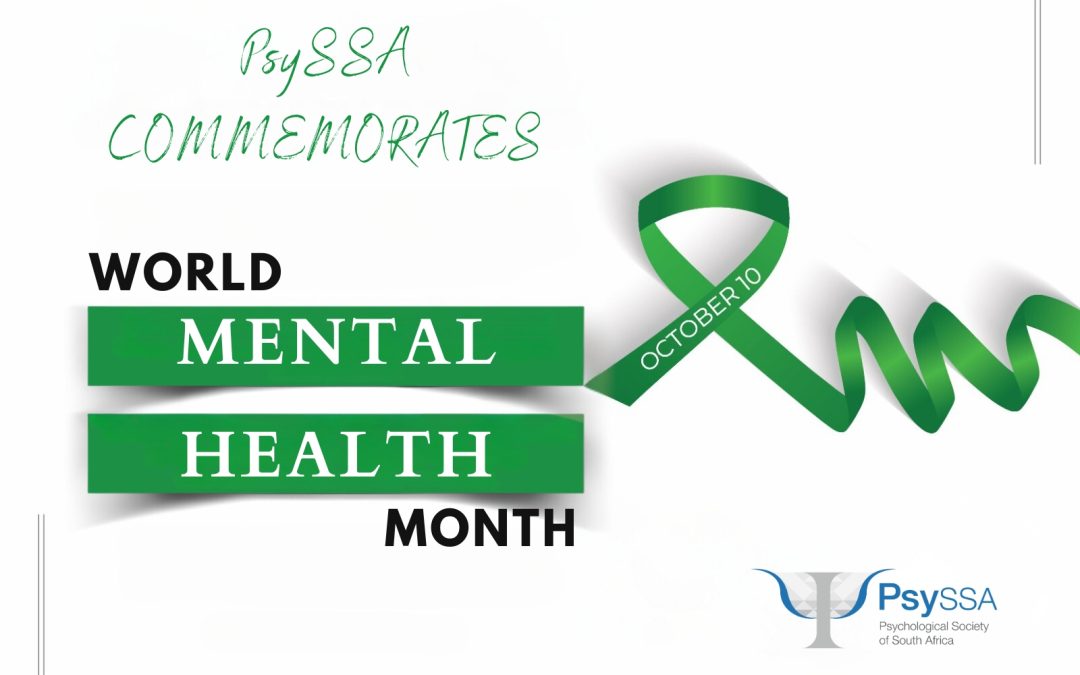Mental Health Awareness Month: Setback or Progress
written by Dr N Chetty, vice chair of the Society for Educational Psychology of South Africa
October is the tenth month of the year. In the psychological space it is time to draw awareness to Mental Health. Two months before the so-called “silly season”. The pragmatist will argue that it is that time when there is need to prepare for the rollercoaster of emotions that characterize this unpredictable period. The cynical will contend that Mental Health is so quintessentially vital that its place should be located earlier in the year and in fact possibly throughout the year.
I am neither a pragmatist nor a sceptic. If a choice is to be made will opt to be rooted in the real world. Mental Health awareness should be a perennially enduring subject and sharply in focus perpetually. Not enough attention is afforded to promoting Mental Health. To have a holistic well-being, Mental alertness forms an integral component.
Mental Health is non-discriminatory No individual is spared, regardless of age, gender or socioeconomic status. Key WHO (2022) pointers make for interesting reading
- Mental Health affects one in four worldwide.
- 50% of Mental Health issues begin by age fourteen.
- 75% of Mental Health issues remain untreated.
Some major Mental Health issues WHO(2022).
- Anxiety Disorders: 301 million
- Depressive disorders: 271 million
- Post-traumatic stress disorder: 55 million
The success of Mental Health programmes lies in addressing the destigmatisation of the condition. Major Mental Health issues are neither silent or invisible. It is a daily occurrence. Discrimination against those that are afflicted by a Mental condition can also be barriers to recovery.
There are two major Mental Health imponderables. Firstly inequitable access to Mental Health services. Secondly this is particularly significant when it comes to the provision of Mental Health services in rural areas. As long as this imbalance is not addressed, the possibility exists that the Mental Health scenario may be far more serious than it appears.
Psychologists are challenged to be creative in making Mental Health opportunities available to a wider audience.
Reference:
- WHO (2022). Mental Health

